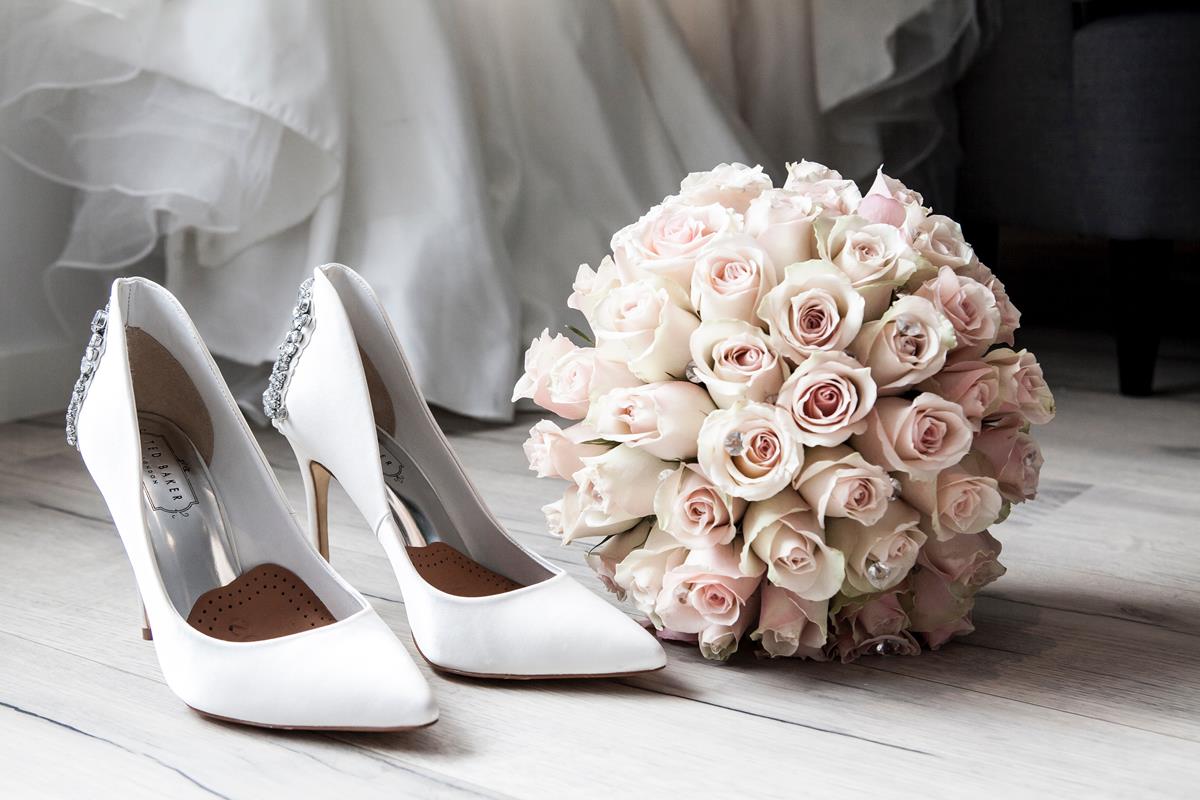
When it comes to mothers day, flowers are often given as a gesture of appreciation, together with a “thank you” card. In fact, gift giving by way of flowers is one of the main drivers behind the flourishing global floral industry: over 60% of all American consumers have given flowers or homeplants as gifts at some point, and over 67% of all floral purchases are as such. But why? Why are flowers popular as gifts, and why do so many people give them? And more importantly, why are flowers considered appropriate gifts when it comes to Mother’s Day?
Flowers across different cultures represent different meanings. In general, however, flowers are given as expressions of sentiment, friendship, appreciation, gratitude, adulation, sympathy, expectation, commitment, and desire. Mothers Day, as a time of year when women generally bond with their mothers, has been an ideal time for the industry to experiment with the different flowers available to offer different messages in the clearest possible manner, and to see if this method could indeed increase sales.
First, it is important to note the fact that flowers are by no means exhausted in the scope of gifts. For example, flowers are commonly known to be used for weddings and other significant events, as well as corporate occasions and anniversaries. Additionally, a number of flowers are given during certain periods of the year, such as spring, summer and fall. Flowers also make great gifts for those who are hard-pressed for time: in many parts of the world, it takes hours just to walk from the local supermarket to the local florist; in contrast, many people can get flowers delivered in just a few days.
Secondly, flowers have been studied extensively by social scientists for decades, which makes it clear to the average consumer that the benefits derived from giving flowers are numerous and profound. There are a number of reasons why buying flowers for gifts is a good idea: first, as flowers are known to have strong psychological and emotional effects on the receivers, buying flowers shows that you put a lot of thought into the recipients’ feelings and are aware of how they will react to your gift. Second, flowers have long been proven to have a powerful impact on memory retention, with many studies showing that they improve short-term memory better than other forms of memorization, such as lists and cards. Third, studies have shown that flowers are a particularly effective means of communicating emotions and expressing feelings, especially among children. Finally, and perhaps most importantly for contemporary consumers, flowers demonstrate a social level of care and concern for other consumers that most other advertising messages do not. As studies have shown, people tend to remember advertisements with flowers for gifts better than ads with other types of media, such as television, radio or magazines.
In terms of research, it has long been known that consumers, especially the younger generation, are increasingly shopping online. Online consumers place greater importance on customer service and satisfaction, which have increased tremendously over the last thirty years. Additionally, consumers tend to place greater importance on the experiences that they can have while shopping. This is especially true of gifts, as many consumers only get to buy gifts once or twice in their lifetime and are therefore more likely to feel attached to the gifts themselves. Given this, and the relatively low cost associated with most online purchases, it has become common for companies to offer a range of different options when it comes to flower delivery.
A number of studies have demonstrated that consumers who buy fresh flowers as gifts are more likely to buy presents with a perceived higher gift value. Moreover, consumers who buy flowers online are also more likely to perceive a higher perceived gift value. The increased perceived value of flowers and other gifts therefore, appears to be a tangible benefit to the consumers who buy flowers as gifts.
When it comes to gifting, flowers are also perceived to have greater impact on recipients compared to many other types of gifts. Studies have shown that recipients who receive flowers as gifts are more likely to use them for longer periods of time. Further studies have also indicated that recipients are more likely to keep the flowers. In addition, recipients of such gifts also tend to place greater significance on the experience of receiving the flowers compared to the cost of buying the flowers. Such studies have also indicated that flowers are perceived to have greater emotional impact on recipients compared to many other types of gifts.
Studies on women in particular have also indicated a strong correlation between giving flowers and pregnancy. Pregnant mothers are often the recipients of flowers for Mother’s Day. As we all know, flowers are an ideal gift for mothers during pregnancy. Similarly, women who are in their pre-pregnancy stages and expecting mothers are also typically the recipients of flowers during this time. Finally, pre-pregnancy women are also found to place greater importance on the experience of receiving the flowers as compared to those who are not pregnant.